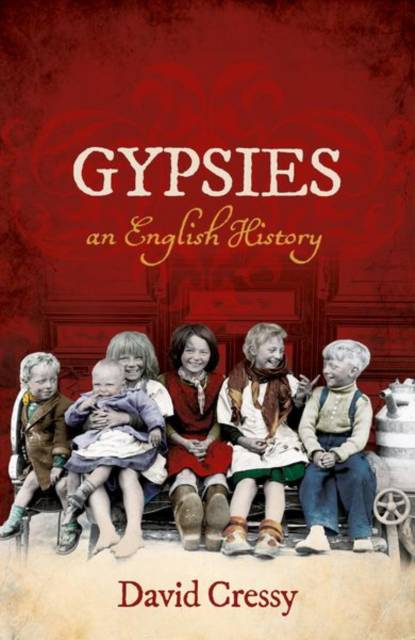
- Retrait gratuit dans votre magasin Club
- 7.000.000 titres dans notre catalogue
- Payer en toute sécurité
- Toujours un magasin près de chez vous
- Retrait gratuit dans votre magasin Club
- 7.000.0000 titres dans notre catalogue
- Payer en toute sécurité
- Toujours un magasin près de chez vous
Description
Gypsies, Egyptians, Romanies, and--more recently--Travellers. Who are this marginal and mysterious people who first arrived in England in early Tudor times? Are tales of their distant origins on the Indian subcontinent true, or just another of the many myths and stories that have accreted around them over time? In fact, can they even be regarded as a single people or ethnicity at all, or are they little more than a useful concept? Gypsies have frequently been vilified, and not much less frequently romanticized, by the settled population over the centuries, but social historian David Cressy now attempts to disentangle the myth from the reality of Gypsy life over more than half a millennium of English history. In this, the first comprehensive historical study of the doings and dealings of Gypsies in England, from their first appearance in early Tudor times to the present, he draws on original archival research, and a wide range of reading, to trace the many moments when Gypsy lives became entangled with those of villagers and townsfolk, religious and secular authorities, and social and moral reformers. Crucially, it is a story not just of the Gypsy community and its peculiarities, but also of England's treatment of that community, from draconian Elizabethan statutes, through various degrees of toleration and fascination, right up to the tabloid newspaper campaigns against Gypsy and Traveller encampments of more recent years.
Spécifications
Parties prenantes
- Auteur(s) :
- Editeur:
Contenu
- Nombre de pages :
- 428
- Langue:
- Anglais
Caractéristiques
- EAN:
- 9780198768135
- Date de parution :
- 12-09-18
- Format:
- Livre relié
- Format numérique:
- Genaaid
- Dimensions :
- 155 mm x 236 mm
- Poids :
- 698 g

Les avis
Nous publions uniquement les avis qui respectent les conditions requises. Consultez nos conditions pour les avis.






